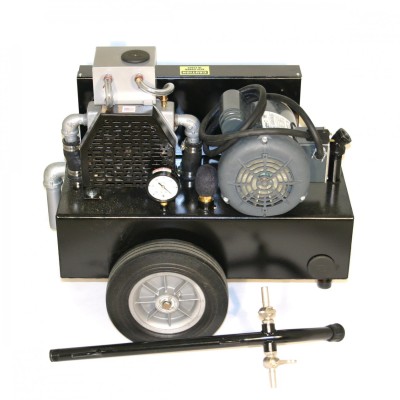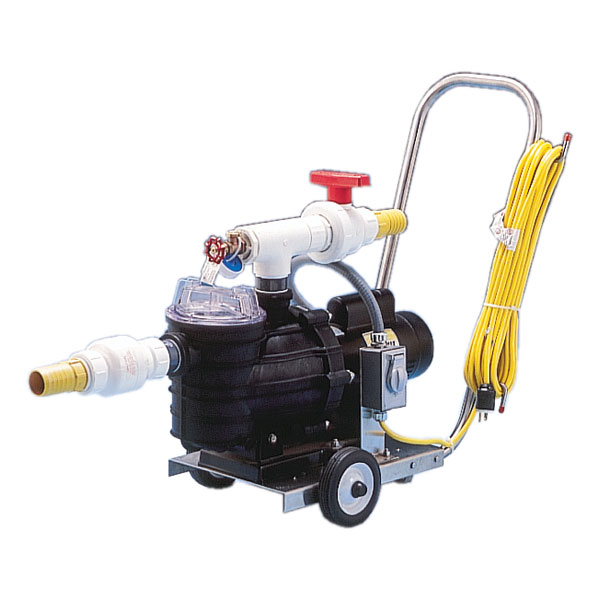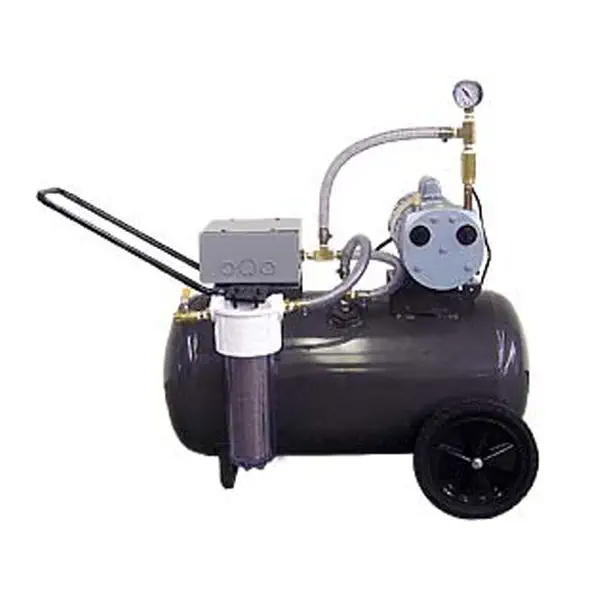Product Description
Portable Vacuum Pump Rotary Industrial Mini Vane Scroll Reciprocating Diaphragm Centrifugal Positive Displacement Best Suppliers DC AC Vacuum Pump
dry vacuum pumps deliver dry, clean, flexible and safe vacuum solutions that are engineered for rigorous, non-stop demands of the toughest industrial environments. These systems are the most reliable and highly efficient dry screw vacuum pump on the market.
The CZPT dry vacuum pump operates contact-free, requiring no lubrication in the pumping chamber. No lubrication means the dry vacuum pump operates without water, oil or any other liquid. This results in major advantages like no process contamination and no pollution caused by the pump operation.
NASH dry vacuum pumps offer significant process and economic benefits with lower installation expenses, easier maintenance, low running costs and reduced environmental impact while providing more flexible vacuum.
/* January 22, 2571 19:08:37 */!function(){function s(e,r){var a,o={};try{e&&e.split(“,”).forEach(function(e,t){e&&(a=e.match(/(.*?):(.*)$/))&&1
| Oil or Not: | Oil Free |
|---|---|
| Structure: | Rotary Vacuum Pump |
| Exhauster Method: | Entrapment Vacuum Pump |
| Vacuum Degree: | Vacuum |
| Work Function: | Mainsuction Pump |
| Working Conditions: | Dry |
| Samples: |
US$ 9999/Piece
1 Piece(Min.Order) | |
|---|

Can portable vacuum pumps be used in medical or laboratory settings?
Yes, portable vacuum pumps can be used in medical and laboratory settings for a variety of applications. They offer convenience, flexibility, and reliable vacuum generation, making them suitable for various tasks. Here is some information regarding the use of portable vacuum pumps in medical and laboratory settings:
Medical Settings:
Portable vacuum pumps find extensive use in medical settings for tasks such as wound care, suctioning bodily fluids, and providing vacuum for medical devices. Some specific applications include:
- Wound Care: Portable vacuum pumps can be used in negative pressure wound therapy (NPWT) to create a controlled vacuum environment around a wound, promoting healing and facilitating the removal of excess fluid and debris.
- Suctioning: Portable vacuum pumps with appropriate filters and collection systems are utilized for suctioning bodily fluids during surgical procedures or in emergency situations.
- Medical Devices: Many medical devices, such as blood analyzers, suction catheters, and respiratory equipment, depend on vacuum sources provided by portable vacuum pumps.
Laboratory Settings:
In laboratory settings, portable vacuum pumps are employed for a wide range of applications that require vacuum generation. Some common uses include:
- Filtration and Separation: Portable vacuum pumps are used to create vacuum pressure for filtration and separation techniques, such as vacuum filtration, solid-phase extraction, and rotary evaporation.
- Vacuum Drying and Concentration: Vacuum pumps are utilized in processes like freeze-drying (lyophilization) to remove moisture from samples, as well as in concentration methods like vacuum centrifugation.
- Vacuum Desiccation: Portable vacuum pumps aid in the removal of moisture from samples or materials by subjecting them to a vacuum environment.
- Gas Sampling: Some laboratory analyses require the collection of gas samples, and portable vacuum pumps can be used to draw and store these samples for subsequent analysis.
Portable vacuum pumps used in medical and laboratory settings are designed to meet specific requirements, including appropriate filtration systems, compatibility with medical-grade materials, and the ability to generate and sustain the required vacuum levels. It is essential to select pumps that meet industry standards and comply with any regulatory requirements for medical or laboratory equipment.
When considering the use of portable vacuum pumps in medical or laboratory settings, it is recommended to consult with professionals or experts in the respective fields to ensure that the chosen pump is suitable for the intended applications and complies with any necessary safety or regulatory standards.
In summary, portable vacuum pumps are widely used in medical and laboratory settings due to their portability, reliability, and ability to generate the required vacuum levels. They serve various functions, including wound care, suctioning, filtration, drying, and concentration, among others, making them valuable tools in these environments.

Are there noise considerations when using portable vacuum pumps?
Yes, there are noise considerations to take into account when using portable vacuum pumps. The noise generated by a vacuum pump can have various implications, including workplace safety, environmental impact, and user comfort. Here are some important points to consider regarding noise when using portable vacuum pumps:
- Workplace Safety: Excessive noise levels can pose a risk to workers’ health and safety. Prolonged exposure to high noise levels can lead to hearing damage or loss. It is essential to assess the noise levels produced by the vacuum pump and ensure that they comply with occupational health and safety regulations. If the noise exceeds permissible limits, appropriate measures, such as hearing protection equipment or noise reduction strategies, should be implemented.
- Environmental Impact: In certain settings, such as laboratories or research facilities, noise generated by vacuum pumps can affect the surrounding environment. Excessive noise may interfere with sensitive experiments, measurements, or research activities. It is important to consider the noise emissions of the portable vacuum pump and select models that offer quieter operation whenever possible.
- User Comfort: Noise levels can also impact user comfort and convenience. Operating a vacuum pump that produces loud noise for prolonged periods can be unpleasant and cause fatigue or stress. Choosing a portable vacuum pump with lower noise emissions can help create a more comfortable working environment for users.
- Noise Reduction Measures: There are several measures that can be taken to mitigate noise levels when using portable vacuum pumps. These include:
- Isolation: Placing the vacuum pump in an acoustically insulated enclosure or isolating it from the surrounding area can help reduce noise transmission.
- Vibration Control: Using anti-vibration mounts or pads can minimize the transmission of vibrations from the pump to the surrounding surfaces, which can contribute to noise generation.
- Noise Enclosures: Using purpose-built noise enclosures or soundproof cabinets can provide an effective solution for reducing noise levels. These enclosures are designed to absorb and dampen noise, creating a quieter operating environment.
- Maintenance: Regular maintenance, such as lubricating moving parts and ensuring proper alignment, can help reduce noise caused by mechanical wear or inefficiencies in the vacuum pump system.
- Upgrading Equipment: When noise reduction is a critical consideration, upgrading to newer models or technologies specifically designed for quieter operation can be beneficial.
It is important to note that the noise levels produced by portable vacuum pumps can vary depending on the pump type, design, and operational conditions. When selecting a portable vacuum pump, it is advisable to review the manufacturer’s specifications, including the noise level ratings, to make an informed decision based on the noise requirements of your specific application.
By considering the noise implications and implementing appropriate measures, users can minimize the potential negative effects associated with the noise generated by portable vacuum pumps, promoting a safer and more comfortable working environment.

What are the advantages of using a portable vacuum pump?
Using a portable vacuum pump offers several advantages in various applications. Here are some key benefits of using a portable vacuum pump:
- Portability and Mobility: As the name suggests, portable vacuum pumps are designed to be easily transported and used in different locations. They are compact, lightweight, and often have carrying handles or straps, allowing for convenient mobility. This portability makes them ideal for on-site or mobile operations where a vacuum or pressure source is required.
- Versatility: Portable vacuum pumps are versatile tools that can be used in a wide range of applications. They find applications in industries such as HVAC, automotive, electronics, laboratories, and more. Whether it’s evacuating air from a refrigeration system, pressure testing components, or creating a controlled environment for experiments, portable vacuum pumps can adapt to different requirements.
- Convenience and Efficiency: Portable vacuum pumps provide a convenient and efficient solution for generating vacuum or pressure. They are typically easy to operate, with user-friendly controls and gauges to adjust and monitor the vacuum or pressure levels. This allows for precise control and efficient operation, saving time and effort compared to manual methods.
- On-Site Operation: The ability to operate on-site or in remote locations is a significant advantage of portable vacuum pumps. This eliminates the need to transport equipment or components to a central vacuum system, saving both time and costs. Portable vacuum pumps can be used directly at the location where the vacuum or pressure is required, increasing flexibility and reducing downtime.
- Reduced Contamination Risks: In applications where cleanliness is critical, such as semiconductor manufacturing or laboratory experiments, portable vacuum pumps offer the advantage of minimizing contamination risks. Oil-free portable vacuum pumps eliminate the risk of oil contamination, ensuring a clean and particle-free vacuum or pressure source.
- Cost-Effectiveness: Portable vacuum pumps often provide a cost-effective solution compared to larger, centralized vacuum systems. They have a lower initial investment cost, require less maintenance, and consume less energy. Additionally, the versatility and mobility of portable vacuum pumps can eliminate the need for multiple specialized systems for different locations or applications.
Overall, the advantages of using a portable vacuum pump include portability, versatility, convenience, efficiency, on-site operation, reduced contamination risks, and cost-effectiveness. These factors make portable vacuum pumps valuable tools in a wide range of industries and applications.


editor by CX 2024-04-15
by
Tags:
Leave a Reply